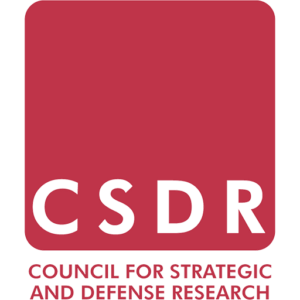This report examines India’s strategic response to Myanmar’s evolving political landscape following the February 2021 military coup. Through detailed analysis of political ties, economic engagement, and security cooperation, it explores how India has navigated its relationship with Myanmar during a period of unprecedented change. The study reveals how India, departing from its strong criticism of Myanmar’s military regime in 1990, has maintained engagement with the current military government while expressing only measured concerns about democratic backsliding.
The report evaluates key challenges confronting India’s policy approach, including security concerns along its northeastern border, threats to strategic projects like the Kaladan Multi-Modal Transit Transport Initiative, and the complex task of balancing relationships with multiple actors in an increasingly fragmented Myanmar. Special attention is given to China’s influence with both the military regime and ethnic armed groups, and how this shapes India’s strategic calculations.
Drawing on extensive research and expert interviews, this report argues that while India’s fundamental approach to Myanmar may not change dramatically, evolving ground realities necessitate a more nuanced and flexible policy. It suggests that India might need to expand its traditional two-track diplomacy to include more active engagement with resistance forces while maintaining its historical ties with the military. The report concludes with specific policy recommendations, including the potential appointment of a special envoy to facilitate broader diplomatic engagement.
